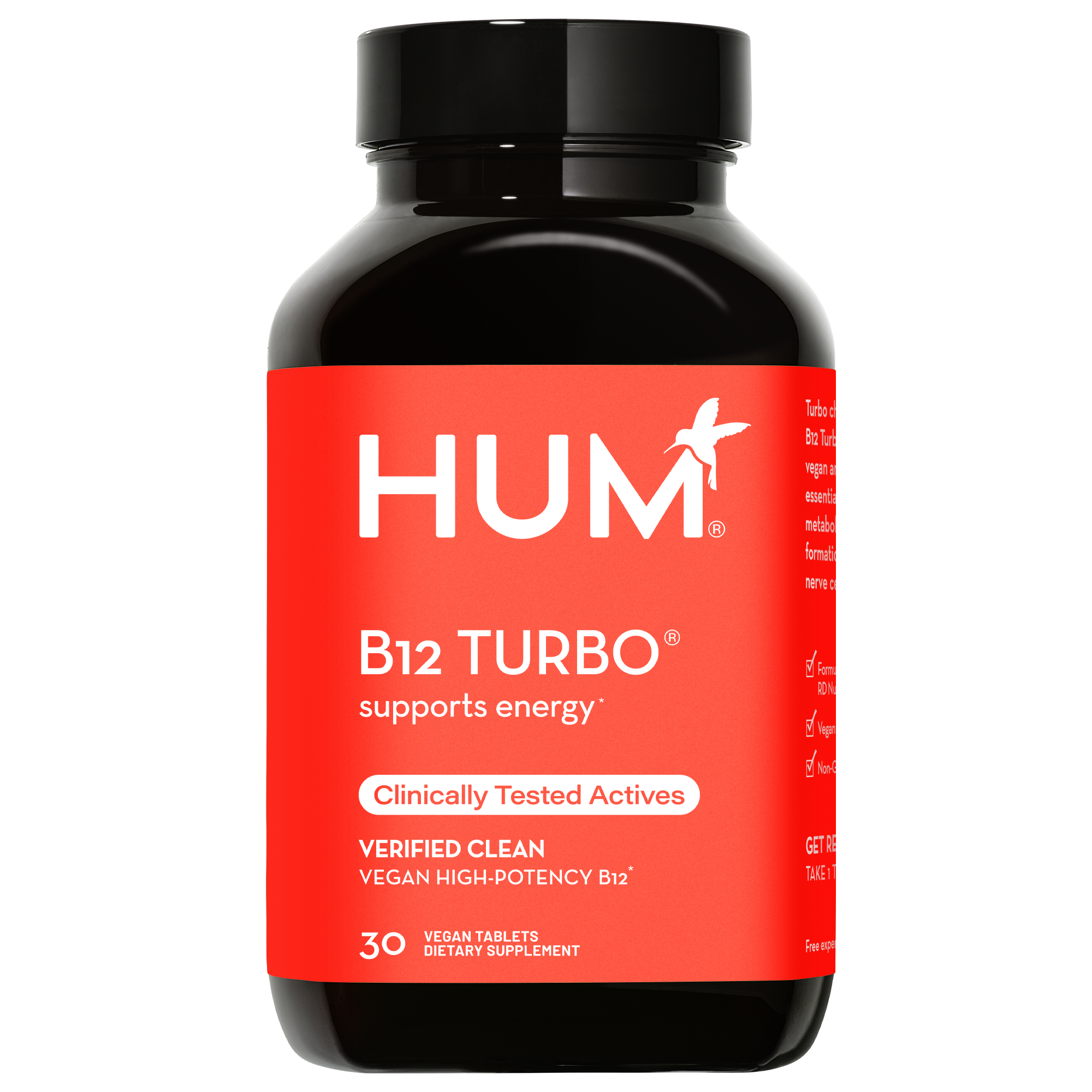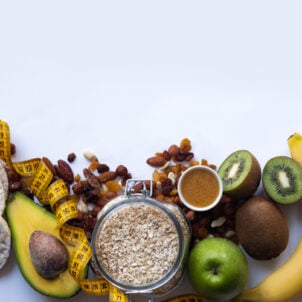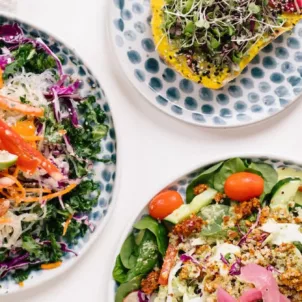4 Nutrition Experts on What The Health
For when you want a second, third, fourth and fifth opinion.
Anyone else watch What The Health recently and go into a panic? Us too. Created by the same filmmakers behind Cowspiracy, this documentary unveils some troubling connections between eating animal products and chronic diseases such as cancer and diabetes. Is eating meat giving us cancer? Are processed meats worse for you than smoking?
To get to the bottom of this, we consult with a variety nutrition experts and see what they say about the evidence presented in the film. Read below to see what vegan, vegetarian, omnivore and paleo nutrition experts think about this viral Netflix selection.
Expert Opinions on What The Health
Alex Caspero, RD: Vegetarian

I’ll preface this by saying that as a mostly plant-based dietitian, I really wanted to like this film. When talking about improving health and chronic disease, no one wants to address the fact that eating less animal products is often part of the solution. So, I was happy to see that this film was getting attention from a main-stream audience.
Unfortunately, What the Health features a lot of cherry-picked research. I think overtime this can hurt the vegan cause, not help it. For example, the filmmakers want to know why the Susan G. Komen foundation doesn’t discuss the link between dairy and cancer. In fact, the SGK foundation website does note that high-fat (but not low-fat) dairy foods may increase breast cancer risk and that the research is conflicting.
This is also the conclusion of the American Institute for Cancer Research (AICR). Additionally, when it comes to dairy and cancer, the AICR say’s it’s probable (but not conclusive) that dairy raises prostate cancer risk. Conversely, it might offer protection against colon cancer. It’s just one example of bending the research to fit a specific narrative.
There are a few areas of the film in which I wish they’d spent more time—the scene where the filmmakers are talking to the woman in North Carolina about the environmental impact of living near a feed-lot, for instance. That’s a real health issue and one that’s rarely talked about. When it comes to social justice and environmental issues like over-fishing, carbon impact, rainforest deforestation, and species extinction, reducing animal intake is paramount.
There’s no doubt that eating more plants and fewer animal products is helpful from both a longevity and reduced chronic disease standpoint. While Dr. Barnard (featured in the film) and others have shown that a vegan diet can reverse heart-disease and diabetes, it’s also true that diets including some animal products have shown the same thing.
Still, I do think that most of the population would benefit from eating more plants. It equates to more fiber, greater nutrient density, and less calories, cholesterol, and saturated fat. As far as I’m concerned, those are the areas in which the standard American diet is severely lacking. While we get plenty of protein, we’re missing out on fiber and essential micronutrients. I’d like audiences to watch the film, consider their own diets, and focus on where they can swap in more plant-based proteins and plant-foods.
Website: www.delishknowledge.com Instagram: @delishknowledge
Sarah Greenfield, RD: Paleo or “Pegan”

First off, I’m a huge proponent of increasing vegetable-based proteins. Plants are widely important for overall health. If you feel better not consuming meat, more power to you! I support vegan clients and ensure they have a balanced diet and are taking the right supplements. (Even vegans can end up eating an imbalanced diet if they rely on heavily processed foods and GMO soy products.)
It’s important to understand where our food comes from and the implications on our environment. Do we need to eat so much meat? Can we find higher quality, humanely raised options? These are questions I challenge my clients to ask when buying meat. Dr. Hyman has a great term called the “Pegan” diet, a combo of vegan and paleo in which you focus on plant-based foods with meat as a condiment. That’s my preference for a healthy way to balance meals.
My concerns about What the Health are the biased, generalized statements made about meat. The claim that eating meat is like smoking cigarettes isn’t based in science. Granted, it does depend on the quality of meat you consume. The fatty acid profiles can change if the animals are fed corn as opposed to grass. You want a higher omega-3 fatty acid profile in your meat that comes from animals that graze on grass.
I’ve talked to many people who are now terrified to eat meat after watching the documentary, and that’s concerning. Genetically we’re all different, and nutrition isn’t black and white. I’ve worked with clients that do really well on a vegan diet, and I have clients that get very sick and malnourished on a vegan diet.
With genetic variations, each person responds to foods in a unique way. If you look at the gut microbiome, there are different strains of bacteria that allow us to interact with our external environment in different ways. Some people are better at metabolizing carbohydrates, while others are better at metabolizing proteins. Being too restrictive with what you eat can lead to deficiencies in the gut microbiome.
My big take away from What the Health is to not take all the claims at face value. At the end of the day, it’s most important to eat in manner that makes you feel good. I recommend a diet focusing on plants and plant proteins, high-quality fat, and high-quality meats as an addition.
Website: www.fearlessfig.com Instagram: @fearlessfigGinny Messina, RD: Vegan

My own view as a health professional who is also an animal rights activist is that it’s essential for vegans to stand in support of animals while also embracing scientific integrity. But What the Health attempts to sell veganism as a cure-all, using pretty bad science and a lot of conspiracy-driven claims to do so.
Promoting the movie really does make the vegan movement look like more of a scientifically illiterate health cult, rather than a social justice movement. It costs animal rights activists a great deal of credibility. It’s unfortunate because the truth is actually compelling enough.
There’s a great deal of evidence to suggest that people who emphasize plant foods in their diets and reduce animal food consumption have a lower risk for chronic disease. This produces a very good case for eating a more plant-based diet. In fact, it’s what most public-health experts recommend.
When we extend the discussion about diet to include ethical considerations about animal use, then we have an argument for taking diets beyond “mostly plants” to a vegan pattern. And unlike the health claims for veganism, the one based on the ethics of eating animals can’t be refuted.
Website: www.TheVeganRD.com Instagram: @ginnymessina
Samara Zelniker, Performance Based Health Coach: Intuitive Omnivore

What the Health succeeds at establishing a strong opinion of why it’s optimal to go vegan. It also provides many reasons to boycott the meat and dairy industries. Although these points were shocking, they’re also extremely one-sided and didn’t reveal the full picture or the benefits of these food groups.
I appreciate that What the Health sheds light on the charitable organizations that are being funded by the food industry. It’s so important to be educated about what we eat, and to consume as much organic and locally sourced food as possible. However, it’s equally crucial to understand that a one-size-fits-all approach doesn’t necessarily work for diet.
For example, one person may need meat in their diet, while somebody else may be fine getting all of their protein from plant-based sources. Listen to your body first when deciding how or what you want to eat. We know that sugar and unrefined grains can wreak havoc on our bodies. When it comes to fat, fiber, and protein, we should listen to what our bodies need and eat intuitively—with balance and in moderation.
Website: www.mindfulnessmatters.ca Instagram: @mindfulnessmatters










